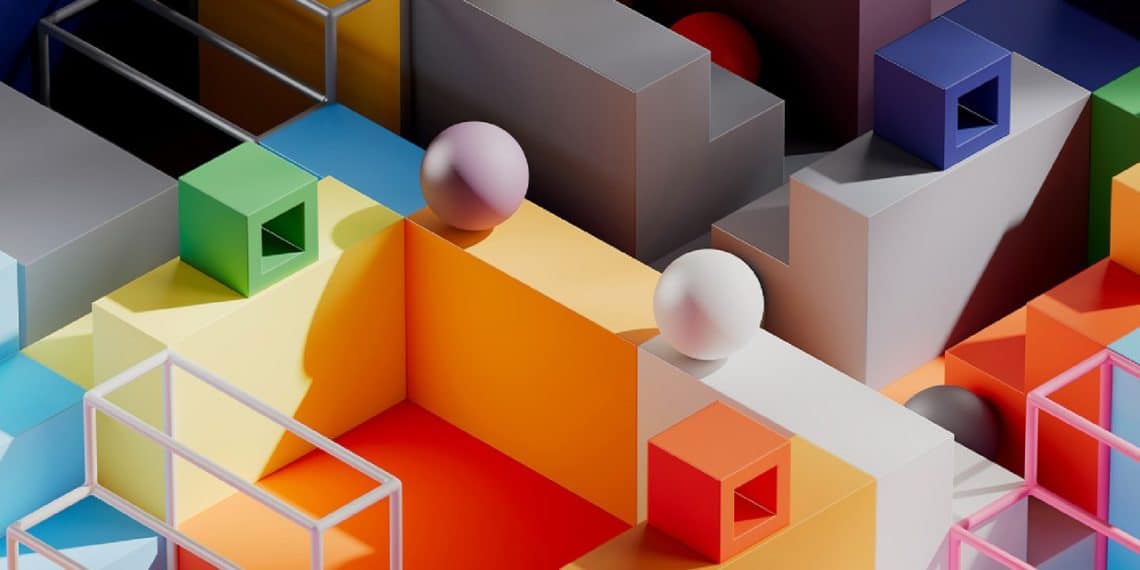Luxury, once synonymous with tradition and exclusivity, has evolved over time to embrace modernity while preserving its heritage. In today’s dynamic world, luxury brands navigate the fine balance between innovation and maintaining their timeless appeal. This blog explores how the concept of luxury has evolved and the strategies employed by brands to adapt to changing consumer preferences.
Luxury, in its essence, has always been associated with craftsmanship, attention to detail, and exclusivity. However, the definition of luxury has expanded beyond traditional notions, embracing innovation and contemporary elements while preserving the heritage that defines each brand.
The Evolution of Luxury: Luxury brands have recognized the need to adapt and stay relevant in the face of changing consumer expectations. They have embraced modernity by integrating technology, sustainable practices, and novel materials into their creations. The evolution of luxury has witnessed the fusion of tradition and innovation to create products that cater to the desires and values of the modern consumer.
Preserving Heritage: While embracing modernity, luxury brands have skillfully preserved their heritage. They acknowledge the importance of their rich history and craftsmanship, which sets them apart from mass-produced alternatives. Brands invest in preserving traditional techniques and collaborating with artisans, ensuring that their heritage remains a cornerstone of their offerings.
Innovation in Design: Luxury brands have embraced innovative design concepts, pushing the boundaries of creativity. They experiment with new materials, unconventional shapes, and cutting-edge technologies, all while maintaining the utmost standards of quality. This approach allows them to captivate modern audiences while upholding their legacy of excellence.
Sustainable Luxury: The modern luxury consumer values sustainability and ethical practices. Luxury brands have responded by integrating sustainable materials, responsible production processes, and eco-conscious initiatives into their operations. This commitment to sustainability not only aligns with the evolving values of consumers but also ensures a more secure future for the planet.
Adapting Customer Experience: Luxury brands have reimagined the customer experience to meet the expectations of today’s discerning consumers. They harness digital platforms, personalized services, and immersive experiences to engage and connect with their clientele. This transformation in customer experience enables brands to forge deeper connections and build enduring loyalty.
Conclusion: The evolution of luxury exemplifies the ability of brands to embrace modernity while preserving their heritage. By integrating innovation, sustainability, and personalized experiences, luxury brands continue to captivate and inspire consumers, evolving to meet the demands of a dynamic world without compromising their timeless essence.








